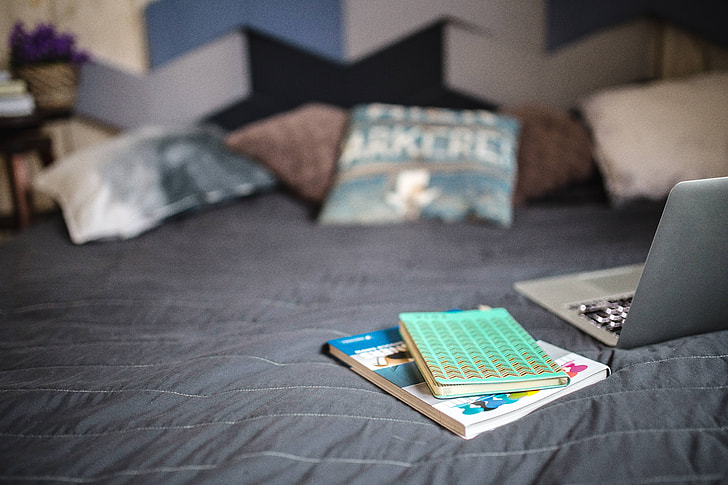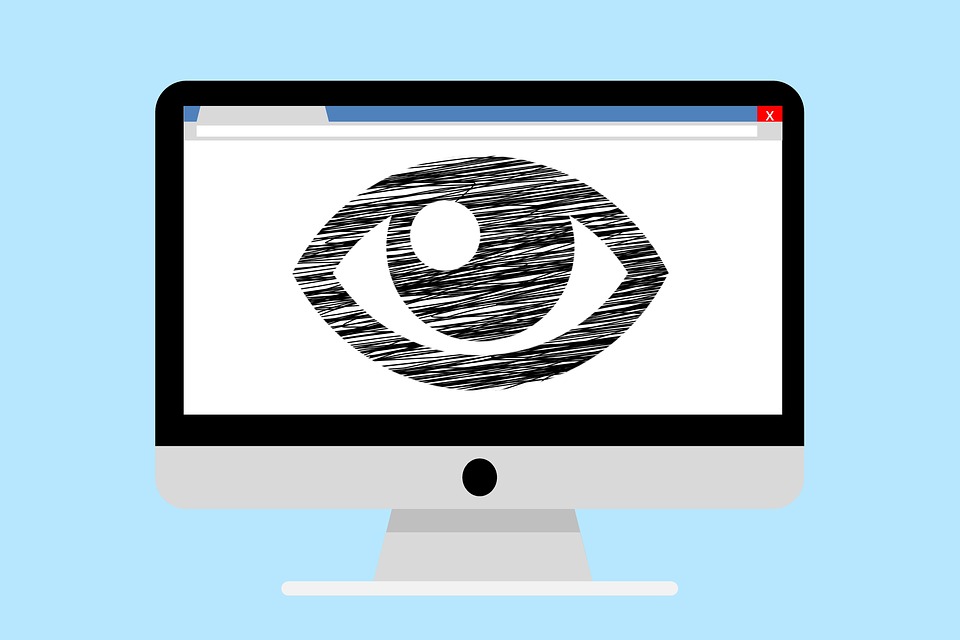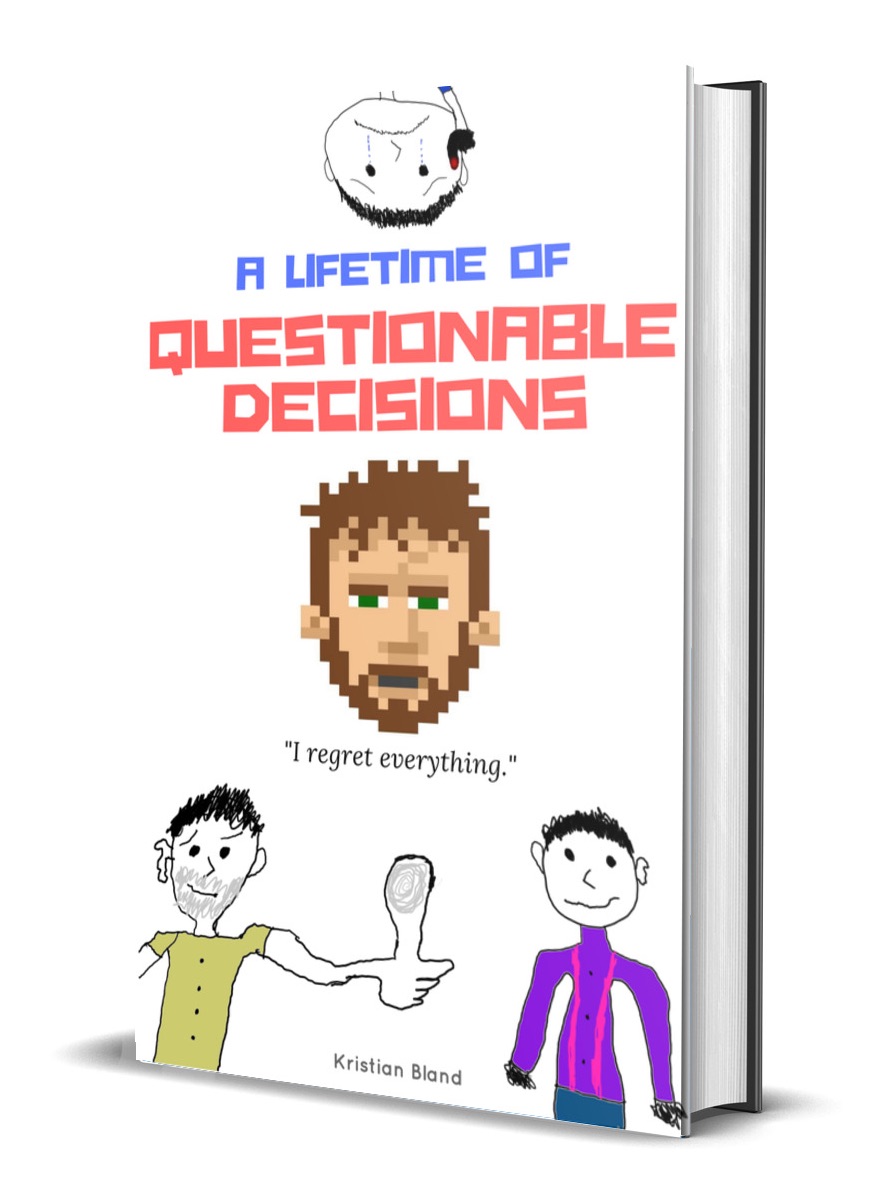Posted on July 18, 2020
Parents, Please Keep an Eye on Your Kid’s Virtual Classroom
As school districts across the country continue their stubborn march toward opening up the Petri dishes of their classrooms this fall against all reason, many parents will choose the virtual option if they can. Virtual learning can be great, but parents need to be aware of a few things.
First, some quick background so you know I’m not totally talking out of my butt here. These days, I make my living as a writer and editor, but in a previous life, I was deeply involved in IT for public education before moving on to much more lucrative work elsewhere in the DevOps and Cybersecurity fields. I left the intense stress of that world behind a few years ago, but please understand this isn’t going to be one of those ill-informed scare pieces. I’m not trying to frighten anyone. I don’t need to get clicks, I don’t run ads on my site, and I don’t gather user data to sell anywhere. I don’t have to be sensational, just truthful.
This fall, more families will move toward allowing remote access into their homes and lives than ever before. This brings risks, not just from hackers (I’m not even going to cover that aspect here) but from the very people who are supposed to be there: teachers and faculty…and support staff…and administrative overseers…and really anyone else the powers that be at your local school district decides to give access to.
Again, I’m not trying to scare anyone, but teachers talking to kids in their bedrooms brings a whole new level of intimacy with adults into their lives than anything we’ve seen before, at least on a fully sanctioned and parent-approved level.

Statistically, some of any group of people, including educators, aren’t going to be good people, so it’s probably best to keep the school computer out of your kid’s bedroom, for starters – and not just for the creepy, turning-on-their-webcams-and-watching-your-kids-get-dressed aspect. Realistically, that’s probably not going to happen, as that type of functionality isn’t likely to even be part of the virtual learning software they’ll be using. (Although there has been at least one case where a school district turned student webcams into remote spycams, so the whole webcam issue isn’t totally outside the realm of possibility.)
However, there have been multiple cases of kids getting themselves in trouble when their schools begin to monitor their online activity, your agreement to which is probably buried somewhere on page 547 of the user agreement nobody reads. That’s something to keep in mind, especially if you’re turning the family computer into the school computer.
Which is probably an extraordinarily bad idea, by the way. Unless, of course, you don’t mind your search history or the contents of your hard drive being available to Rick in IT down at the admin building. -I’m mostly kidding here, as that’d be granting an unusually high level of access to educational software, but since it’s not entirely outside the realm of possibility (especially if you need online support), I figured I’d at least mention it.
If you’re using a school-supplied computer, then tell your kids – and everyone else in the family – to only use it for school-related purposes because I guarantee it will be chock-full of surveillance tools. They aren’t there for nefarious purposes, but are part of the legal CYA school districts do so they can have a paper trail of what the computer has been used for if and when they need it.
It’s also just good practice to keep your webcam physically covered when not in use. Seriously. Just get a strip of electrical tape of a light binder clip and snap it over the top of the laptop whenever you’re not actively using the webcam. It’s good advice because there are a million ways nefarious people can gain access to it. Some laptops come equipped with a little privacy cover or you can even buy covers specially made for keeping webcams private. It’s a thing. Keep it covered.

While there’s not a high realistic probability of a teacher or any other school staff member inappropriately coming at your kids through official school software, the very nature of distance learning tends to encourage follow-up emails and chat windows, which can easily lead to outside channels of communication which, for the vast, overwhelming majority of educators would be still be used appropriately, but for some, it won’t be.
Keep an eye on your kids.
Moving on from security issues, let’s talk quality of education. The public education system isn’t designed for virtual learning, so it’s having to work very fast to get up to speed. We all are. Things aren’t going to be anywhere close to perfect for a long while, so what’s going to happen is what always happens. More well-off parents will supplement their kids’ education in the areas they need more help with by hiring private, remote tutors while other parents will be forced to just keep sitting at the kitchen table every night, struggling to understand what the hell a number sentence is or why Susie would ever need to figure out how evenly divide 47 tambourines among four people.
Even with the more egalitarian, one-size-fits-all structure that most school districts will adopt when it comes to virtual learning (by way of using third-party courseware, especially for the upper grades), thereby minimizing the zip code variable when it comes to how well-funded any particular school is, the more money parents have, the better the education their kids will still receive. It shouldn’t be that way, but whatever. I can’t solve all of America’s many systemic flaws in a simple essay.
What I can do is talk about private tutors. I’ve personally offered to help anyone’s kid with English or any writing-related work they’re struggling with free of charge to try and bridge that income/education quality gap in whatever little way I can (hit me up on Twitter), but my offer comes with a few very important caveats.
First, my help is limited to remote assistance and subject to my availability. Second, I will only work directly with a student through video or any other chat feature with a parent present on the chat. And finally, any and all emails and other communications sent between me and the student will always either go directly through a parent or at least have the parent copied on the conversation.
I recommend any parent seeking outside help demand the same from any tutor they hire. Is it a foolproof way to keep your kids safe? Nope. If they want to, kids can find a way around anything. So can determined adults. However, it does put any potential predators on alert that you’re an aware and informed parent who will be paying close attention, which might be enough to scare anyone with bad intentions away, but again, nothing is foolproof.
Keep an eye on your kids.
Personally, I’d rather have students physically back on campus – but my own kid is going with the online-only option this year because we’re simply opening schools too soon. We’re repeating the same mistake of having moved too quickly through phased openings we’re now paying for with a second wave, except now we’re going to open schools back up prematurely only to have to close them back down again, thereby extending the total amount of time we spend in shutdown mode we could’ve avoided if we’d just not been in such a rush to open everything back up so soon in the first place.
Why we can’t delay the start of school until this latest wave dies down? It’d at least give the schools more time (and funding) to enact real, effective preventative measures so six feet apart could actually mean six feet apart instead of “the best we can do” being the best they can do. I dunno. Like I said, I can’t solve all of America’s systemic problems in one essay.
Just keep an eye on your kids, okay?
READ MORE:








You must be logged in to post a comment.